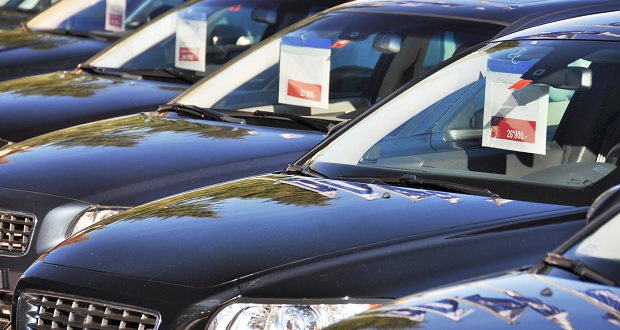 Used car values dropped 0.7% in January as dealers saw lower retail demand for vehicles priced over £12,000. The drop was larger than the seasonal trend, where over the last five years the movement in Black Book Live for January was an average of -0.4%.
Used car values dropped 0.7% in January as dealers saw lower retail demand for vehicles priced over £12,000. The drop was larger than the seasonal trend, where over the last five years the movement in Black Book Live for January was an average of -0.4%.
A downward trend was seen for all mainstream sectors, but MPVs and SUVs were worst affected. The latter saw values decrease by 1% on average due to supply slightly outweighing demand. SUVs accounted for 10% of the sold volume in 2013 and by 2018 it was over 20%. Overall trade volumes received for SUV have increased more than other sectors, with close to 400,000 records analysed in 2018.
Derren Martin, head of UK valuations at cap hpi, said: “While SUVs usually sell well, certain examples of SUVs struggled to achieve previous cap values in January, so moved down by more than the norm. Examples were Audi Q3, BMW X3 and Range Rover Evoque.”
However, electric vehicle (EV) values showed an increase by 1.2% at the three year, 60,000 mile mark. Mainstream vehicles like the Nissan Leaf, BMW i3 and Renault Zoe have looked to entice would be EV adopters by offering value for money and plenty of technology.
Cap hpi has advised the motor trade to keep an eye on real-time used values over the coming months as supply levels, in conjunction with the UK’s economic state, will lead to nuances within the market that will be reflected in these value movements.
Martin concluded: “There is undoubtedly some uncertainty around the economy at the current time, with still no real clue as to how the run-up to the Brexit deadline in March will pan out or what the picture will be like afterwards. With so much uncertainty over the structure of any deal, it is impossible to predict what might happen to the used vehicle market. On the one hand, an economic downturn could lead to a difficult used car market, but if new car supply were to be affected by exchange rates, leading to price increases, this could push more consumers into the used car arena. Only time will tell.”
